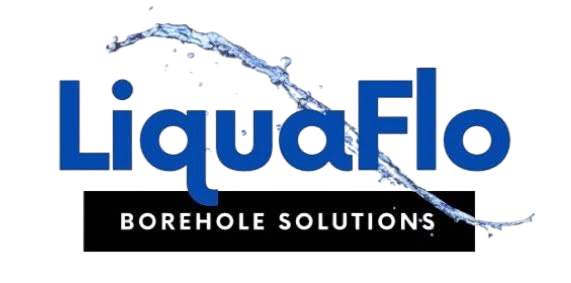Drilling your own borehole might sound like a fun project—or a great way to save money—but before you start imagining yourself as a weekend water warrior, there are a few very important things you need to know.
In South Africa, particularly in residential areas like Johannesburg and surrounding Gauteng, borehole drilling isn’t as simple as picking a spot and digging. From regulations to risks, we’re breaking down everything you should consider before going the DIY route (and why calling in the pros—like LiquaFlo Borehole Solutions—might be the better option).
Can I Drill My Own Borehole?

Short answer: Technically, yes. But… should you? Probably not.
Drilling a borehole requires serious equipment, geological knowledge, and a good understanding of underground water sources. While nothing legally prohibits a private homeowner from attempting it themselves, you’d still need to comply with local regulations, and cutting corners here can cost you way more than hiring a professional in the first place.
In most cases, people who try to drill their own borehole end up hiring professionals anyway—either because they hit a problem underground, couldn’t find water, or damaged something (like their property or underground infrastructure).
Do I Need Permission to Drill a Borehole in South Africa?

Yes, in most cases, some form of permission is required.
In South Africa, the National Water Act governs the use of groundwater. While drilling a borehole on private residential land may not always require a license from the Department of Water and Sanitation, you are expected to:
- Register your borehole with your local municipality (especially in urban or suburban areas).
- Inform local authorities if your water use exceeds specified limits (like large-scale irrigation or selling water).
- Prove that your borehole will not interfere with neighboring water sources or existing infrastructure.
Municipalities like those in Johannesburg may also have their own additional rules, so always check locally first.
And here's the kicker: if you don’t follow these steps and your borehole contaminates an aquifer or affects others’ water supply, you can be held legally and financially responsible.
How Close to My House Can I Drill a Borehole?

Placement is crucial—and there are safety and engineering reasons why professionals follow strict rules here.
Boreholes should typically be drilled:
- At least 3–5 meters away from any building foundations (to avoid future structural issues or flooding).
- Away from septic tanks, sewer lines, or any source of contamination.
- In locations where access for maintenance and servicing is easy and safe.
A proper geohydrological survey is the best way to determine where to drill. This helps identify the best spot based on underground water flow, rock formations, and safe distance from built structures.
Why You Should Call the Pros
Let’s face it: borehole drilling is one of those things that’s best left to experts. At LiquaFlo Borehole Solutions, we coordinate with SABS-approved subcontractors, handle all the legwork around compliance and surveying, and install complete systems that work right the first time.
We also offer:
- Geophysical surveys to help you find the best drilling spot
- Pump and tank installations
- Custom filtration and purification systems
- Borehole maintenance and repairs
- Off-grid water solutions for full water independence
So instead of worrying about permits, drilling depths, or underground surprises, you can sit back while we handle the messy bits—safely, legally, and affordably.
Final Thoughts
DIY might work for building a garden bed or hanging shelves, but when it comes to something as complex—and crucial—as a borehole, calling a trusted professional isn’t just smart, it’s essential.
Whether you’re in Johannesburg or surrounding Gauteng areas, LiquaFlo Borehole Solutions is ready to help you take control of your water supply the right way.



